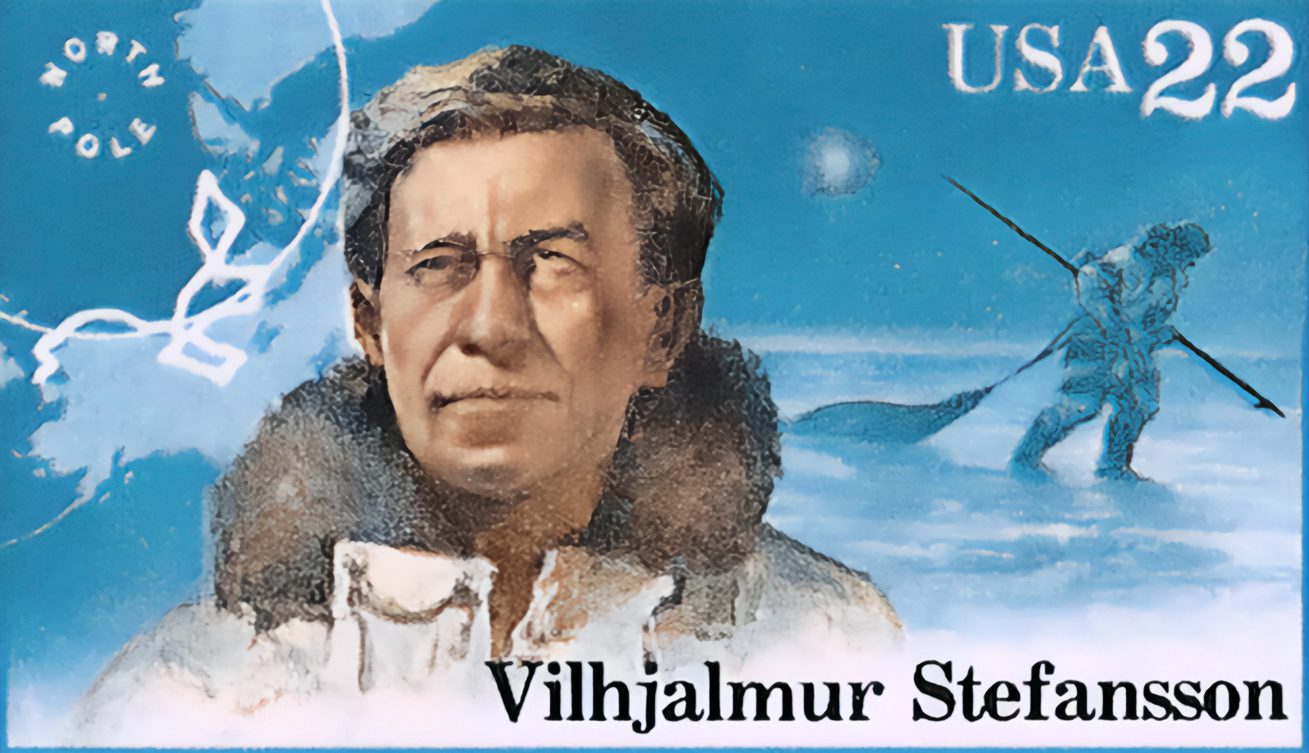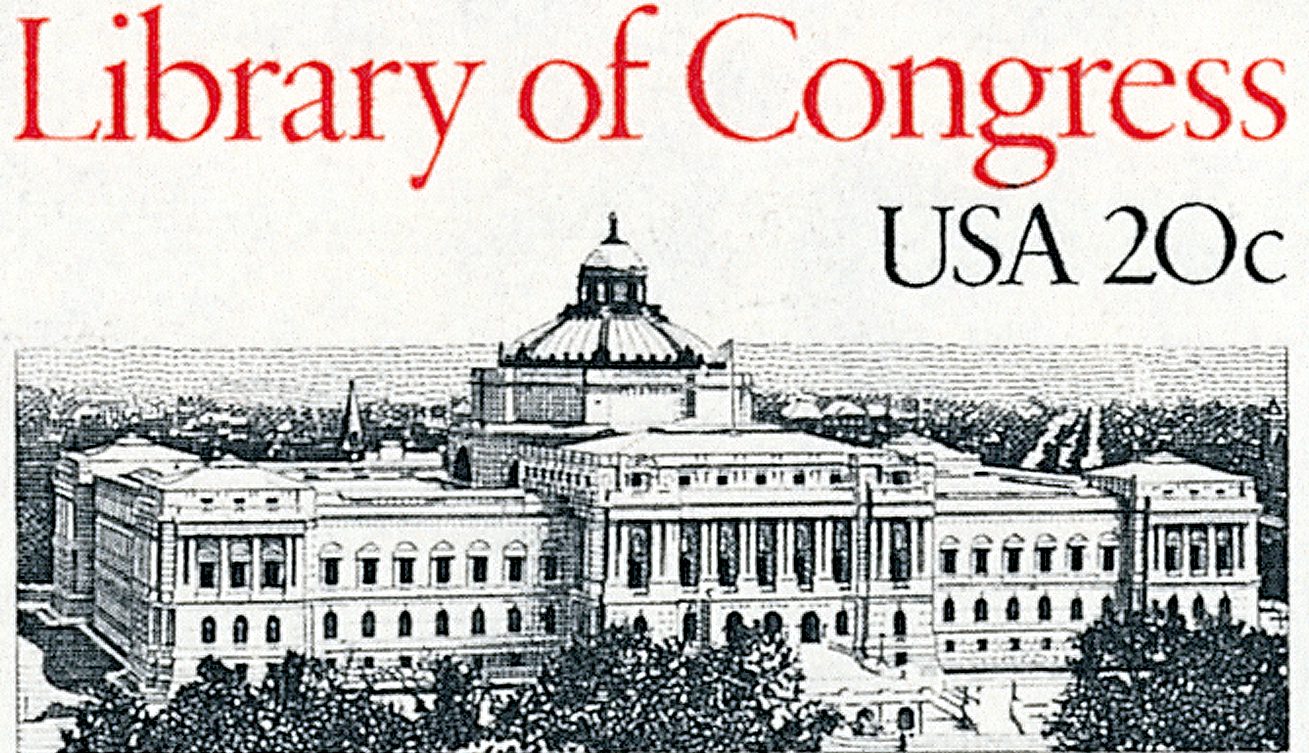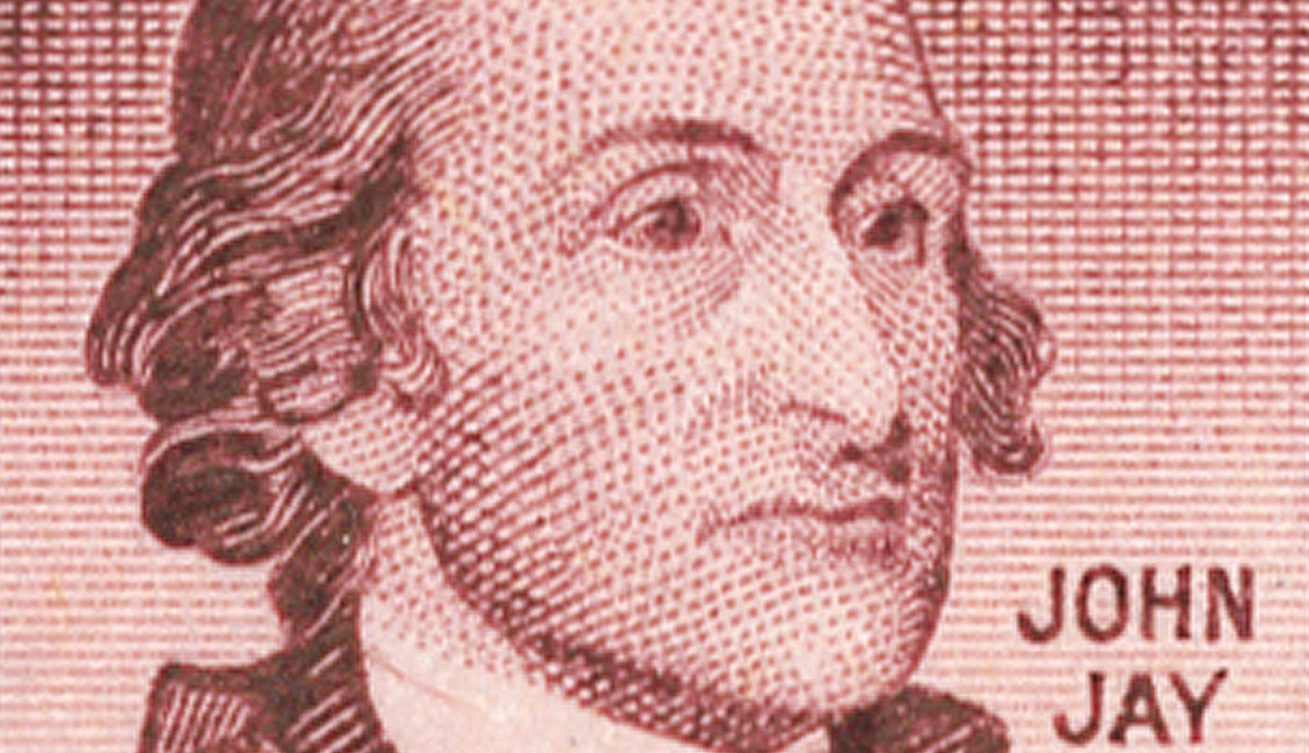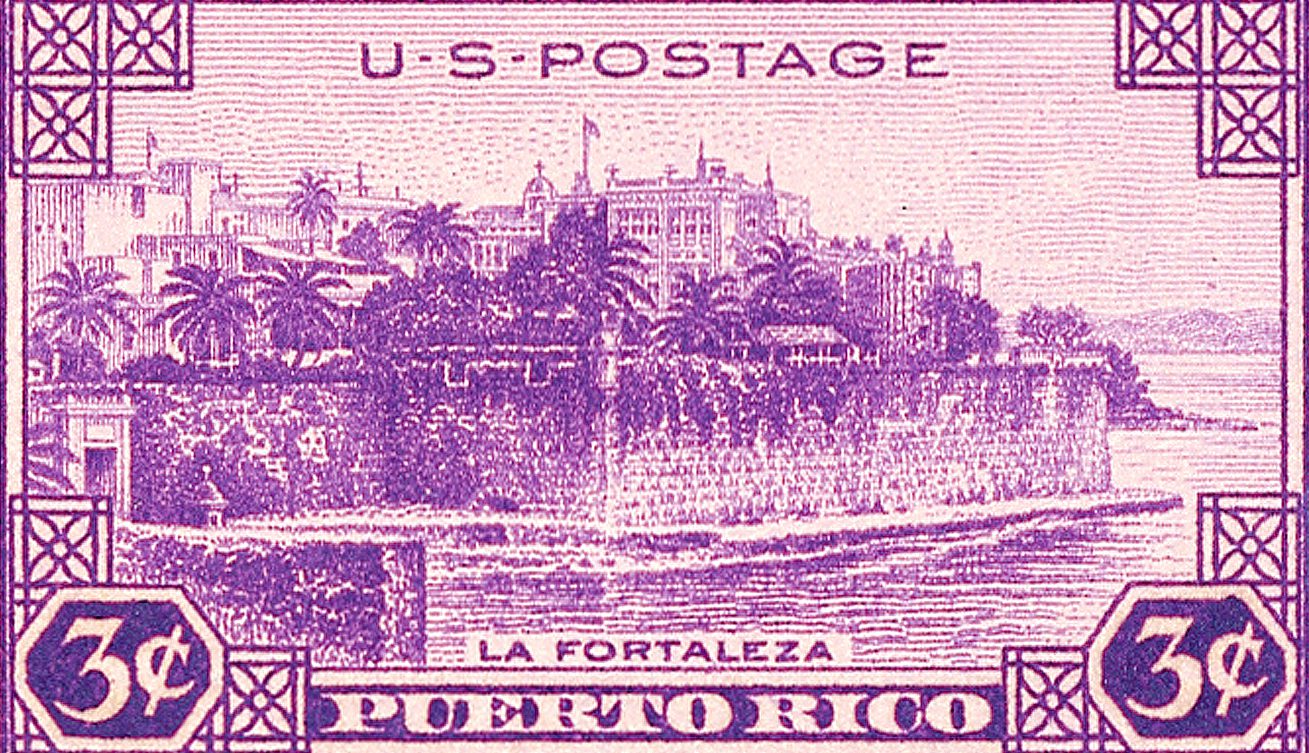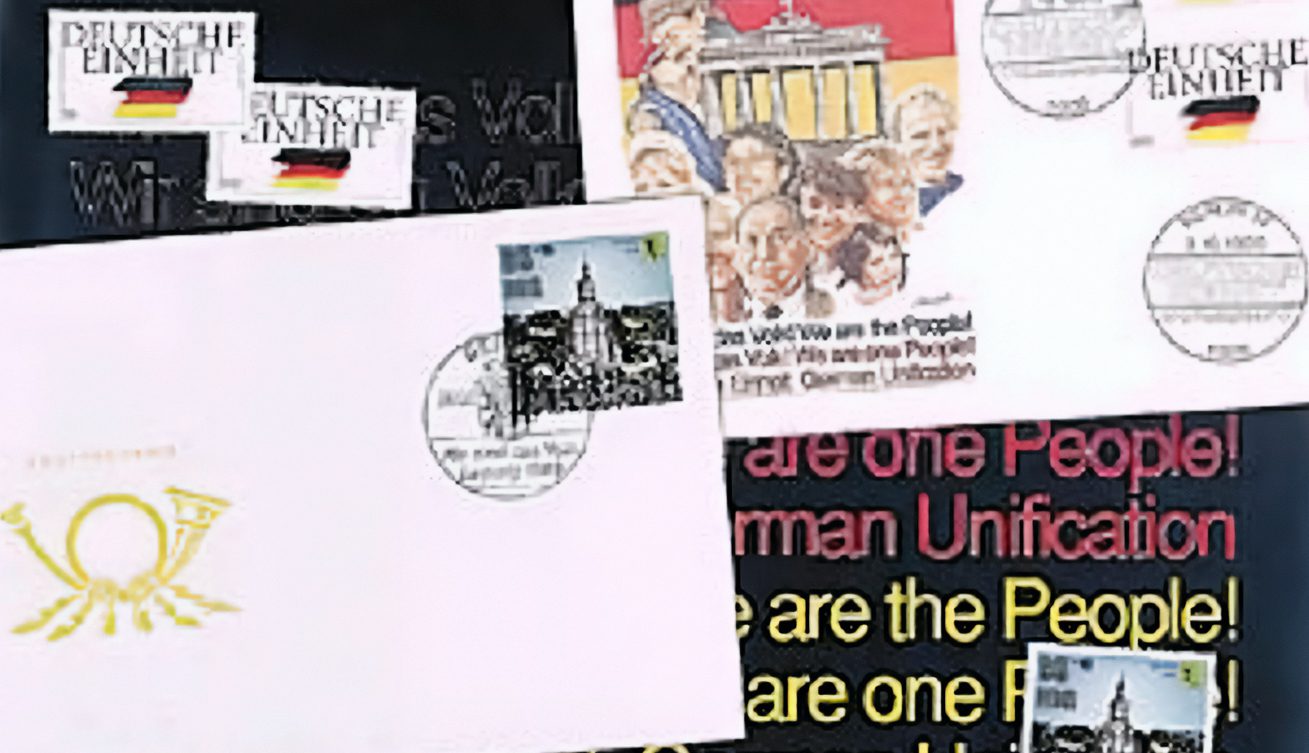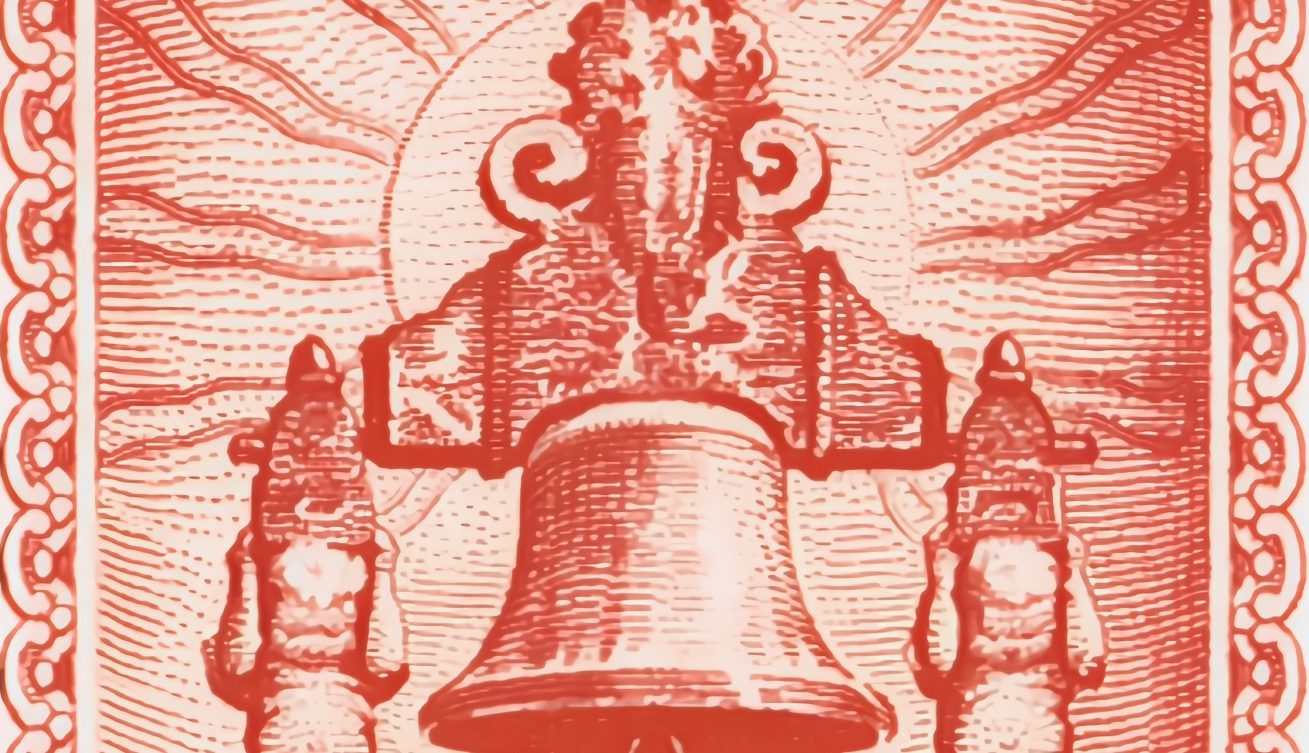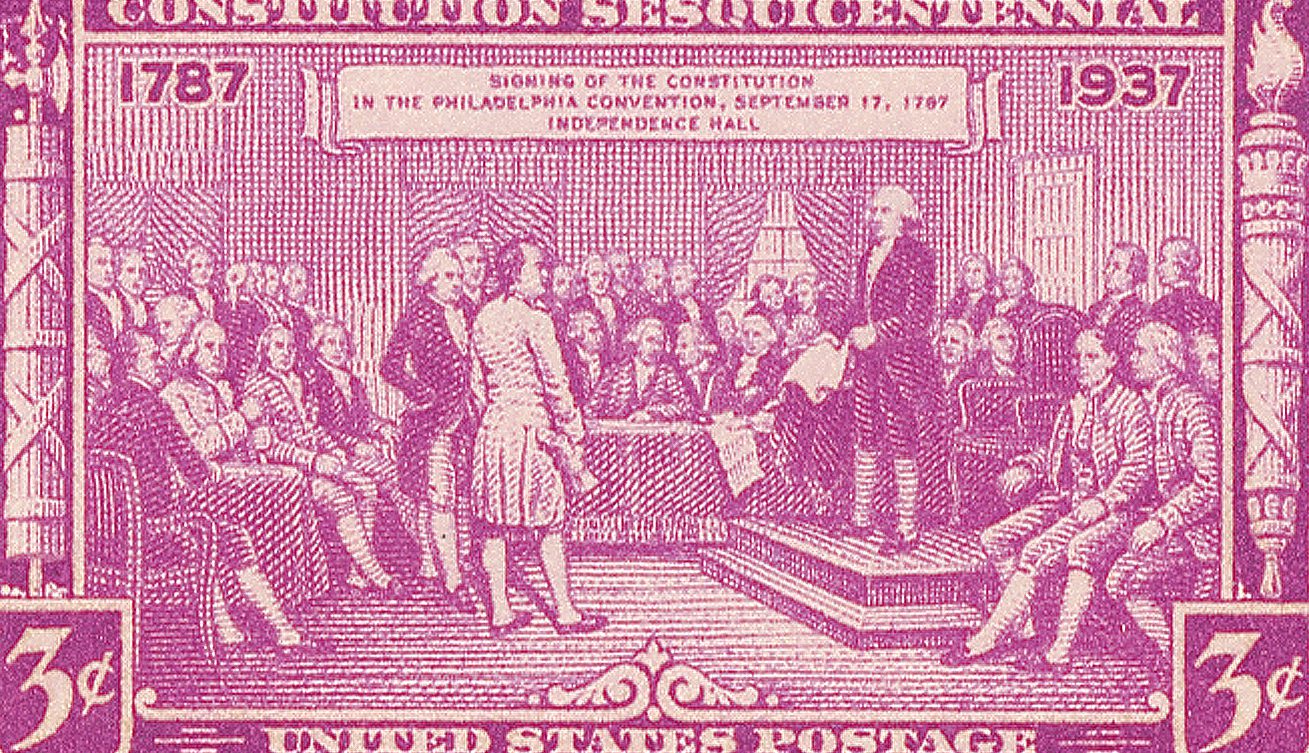Birth of Vilhjalmur Stefansson
On November 3, 1879, Arctic explorer Vilhjalmur Stefansson was born in Manitoba, Canada. Over the course of his life, he became one of the most influential and controversial figures in Arctic exploration—celebrated for his discoveries and criticized for the tragic misfortunes that accompanied some of his expeditions.

